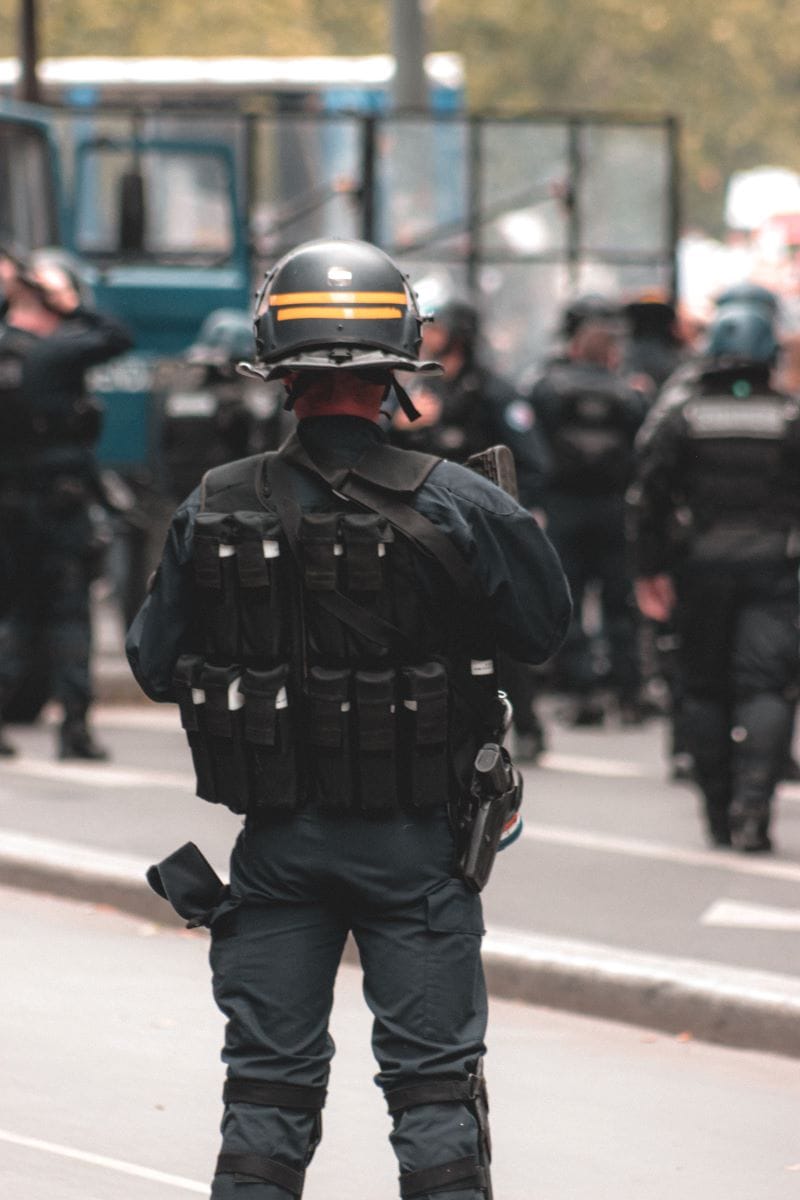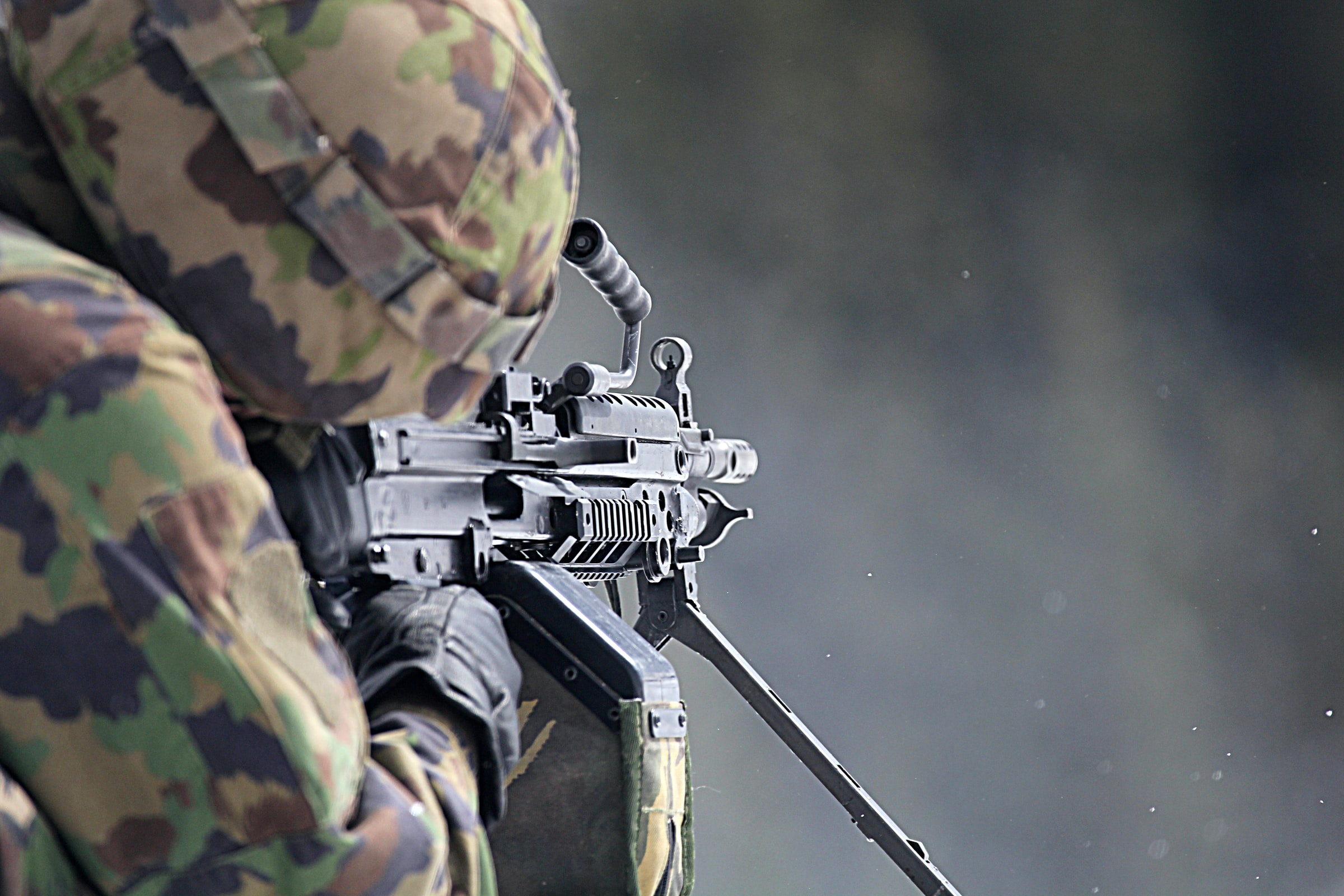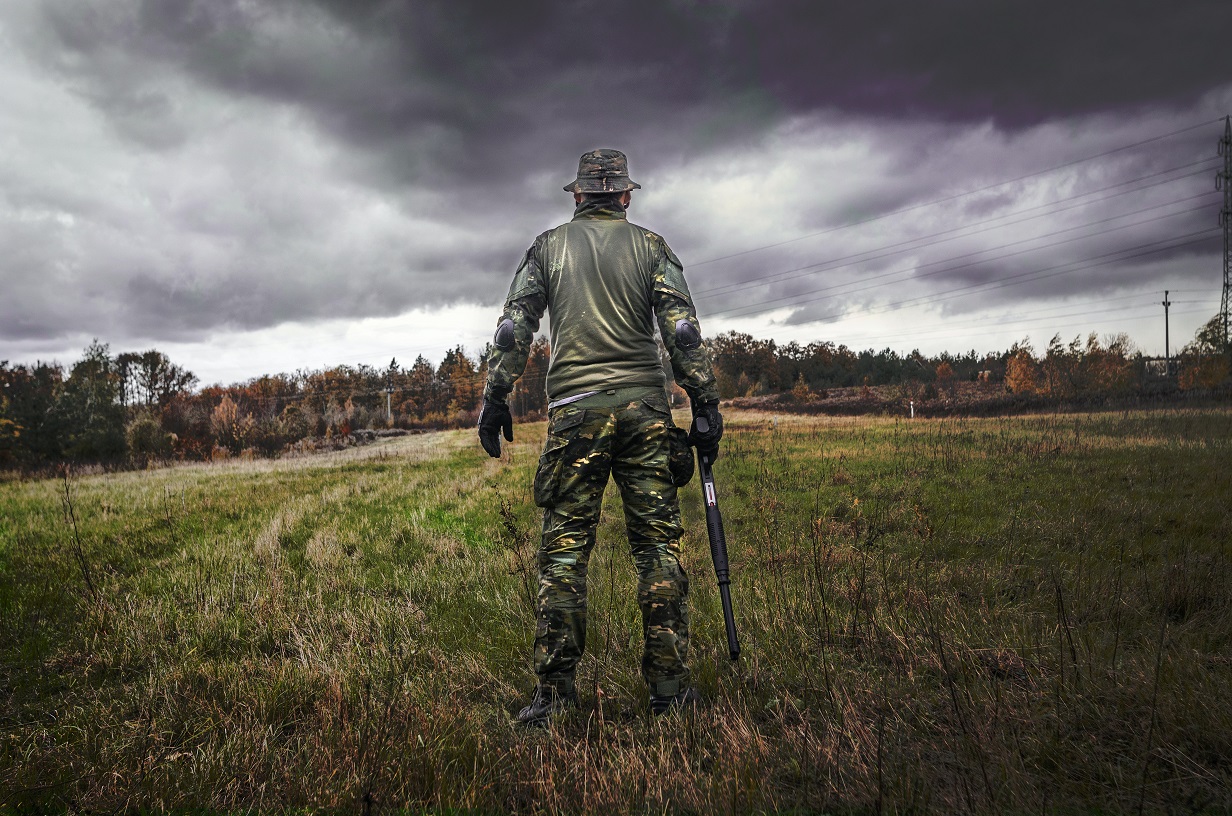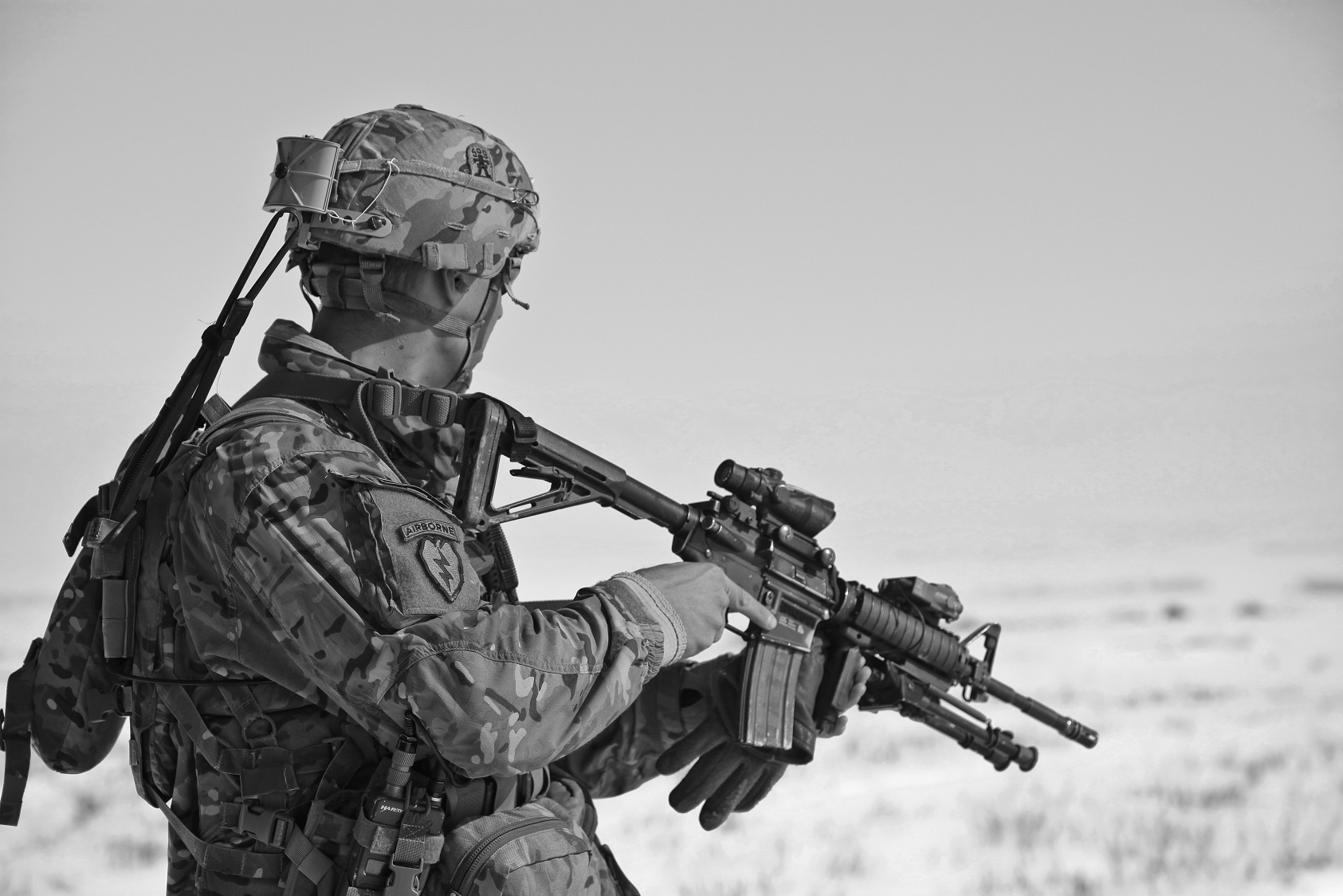As the name implies, a gunshot wound (GSW) is a physical trauma caused by a firearm bullet. A person may suffer bleeding, broken bones, organ damage, infection, paralysis, and other damages. The type and speed of the bullet, as well as where and how it hits in the body, determines the damage.
There may be long-term complications such as lead poisoning and post-traumatic stress disorder (PTSD). A gunshot wound can result in a wide range of injuries depending on the bullet, its velocity, mass, entry point, trajectory, and affected anatomy. Due to the unpredictable trajectory and fragmentation of bullets after entry, gunshot wounds can be more dangerous than other penetrating injuries.
When a bullet enters the body, it causes extensive tissue damage and disruption due to the physical effects of the projectile. A gunshot wound can immediately cause severe bleeding, which may result in hypovolemic shock. The problem of chronic hypovolemic shock arises from inadequate oxygenation of vital organs in the body. As blood is the means by which oxygen is delivered to the body’s constituent parts, a lack of adequate oxygen delivery is caused by blood loss. An injury to a main nervous system component like the spinal cord or brain, or a bullet strike to a vital organ such as the heart, lungs, liver, can have devastating effects.
In cases of gunshot wounds that damage large blood vessels, particularly arteries, blood may flow rapidly. In addition to bleeding from gunshot wounds, low oxygen due to pneumothorax, significant injuries to the heart and lungs, and damage to the cerebral cortex are common causes of death from gunshot wounds. Gunshot wounds that are not fatal are often associated with mild to severe, long-term injuries, such as amputations due to severe fractures, which cause permanent disabilities.
Check out the rest of our blog posts here.



